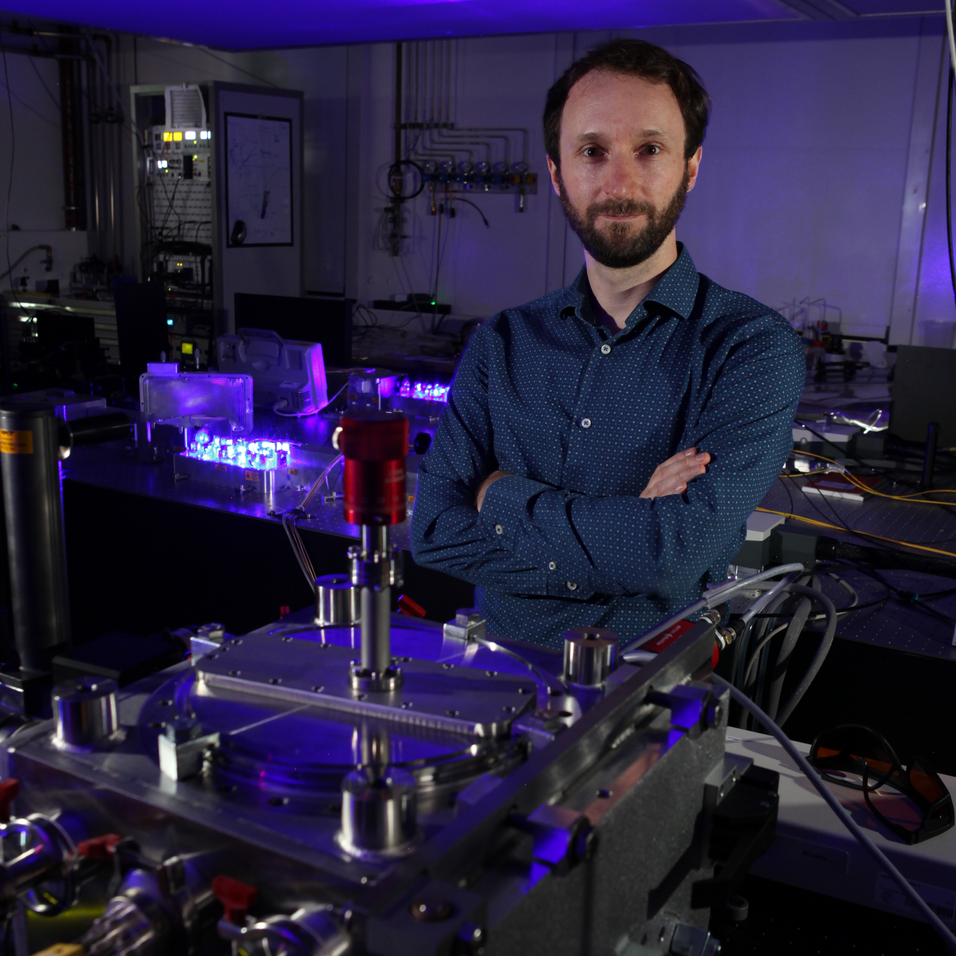Dr. Stefan Truppe
Imperial College London
Faculty of Natural Sciences, Department of Physics
Ultracold AlF molecules - a new platform for fundamental physics
Friday, January 26th 2024, 15:00 h
Location: Lise Meitner Lecture Hall, 1st floor, Boltzmanngasse 5
Hosted by: Markus Arndt
Abstract
A high-density ultracold gas of polar molecules has a wide range of new applications. It can be used to study a dipolar quantum gas, to test fundamental physics, and to store and process quantum information efficiently. An array of polar molecules, all interacting with each other via controllable and strong interactions, can serve as a universal simulator for more complex quantum systems that cannot be modelled by a computer.
Recently, it has become possible to make a MOT of molecules. However, the density of the molecules is far too low for most applications. In this seminar, I will present how we are overcoming this challenge by laser-cooling stable and deeply bound aluminum monofluoride molecules, in order to increase the density by five orders of magnitude. Such a high-density MOT provides an excellent starting point to explore evaporative cooling to produce the first Bose-Einstein condensate of polar molecules. The molecules can be arranged in a regular array by loading them into a trap formed by interfering laser beams. This instrument can then be used for precision measurements to search for new physics beyond the Standard Model of particle physics and for applications in quantum information and simulation.

